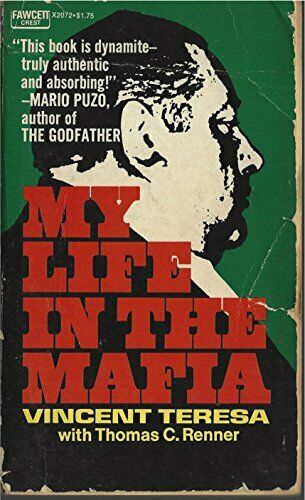The libel-proof plaintiff doctrine is a concept that insulates a speaker or publisher from liability for statements made about someone who has no good reputation to protect. The hallmark of a defamation claim is reputational harm. If a person has no reputation to protect, then he or she may be considered “libel-proof.”
If a plaintiff has no reputation to protect, they may be considered ‘libel-proof’
Judge Robert Sack, in his treatise Sack on Defamation: Libel, Slander and Related Problems, describes the doctrine as “a notorious person is without a good name and therefore may not recover for injury to it.” (§2.4.18).
The libel-proof plaintiff doctrine is related to the incremental harm doctrine, which provides that when many true statements accompany a false statement, the incremental harm done by the false statement is negligible.
Some state court decisions refer to two types of libel-proof claims: (1) the issue-specific approach and the (2) incremental harm approach.” (Hudson, 15). Whatever additional labels placed on the doctrine, the essence is that a defamation plaintiff is libel proof if he or she has no good reputation to protect.
Court has said a mobster, other criminals have no good reputation to protect
The Second U.S. Circuit Court of Appeals used the doctrine to hold that a mobster had no good reputation to protect in Cardillo v. Doubleday & Co. (1975). Cardillo sued a book publisher for statements made about him by another organized crime figure. The book alleged that Cardillo had fixed horse races and committed other crimes. Cardillo sued for libel, but the federal appeals court rejected his claim, writing that he was “libel-proof” because he was a “habitual criminal.”
Other courts have applied the libel-proof plaintiff doctrine to murderers, convicted thieves, and those with numerous narcotics convictions.
The doctrine should be applied narrowly. “Convicted murderers and certain inveterate criminals are one thing, but applying the doctrine to anyone with a felony on their record would be problematic.” (Hudson, 16).
David L. Hudson, Jr. is a First Amendment Fellow at the Freedom Forum Institute and a law professor at Belmont who publishes widely on First Amendment topics. He is the author of a 12-lecture audio course on the First Amendment entitled Freedom of Speech: Understanding the First Amendment (Now You Know Media, 2018). He also is the author of many First Amendment books, including The First Amendment: Freedom of Speech (Thomson Reuters, 2012) and Freedom of Speech: Documents Decoded (ABC-CLIO, 2017). This article was published June 2, 2020.

